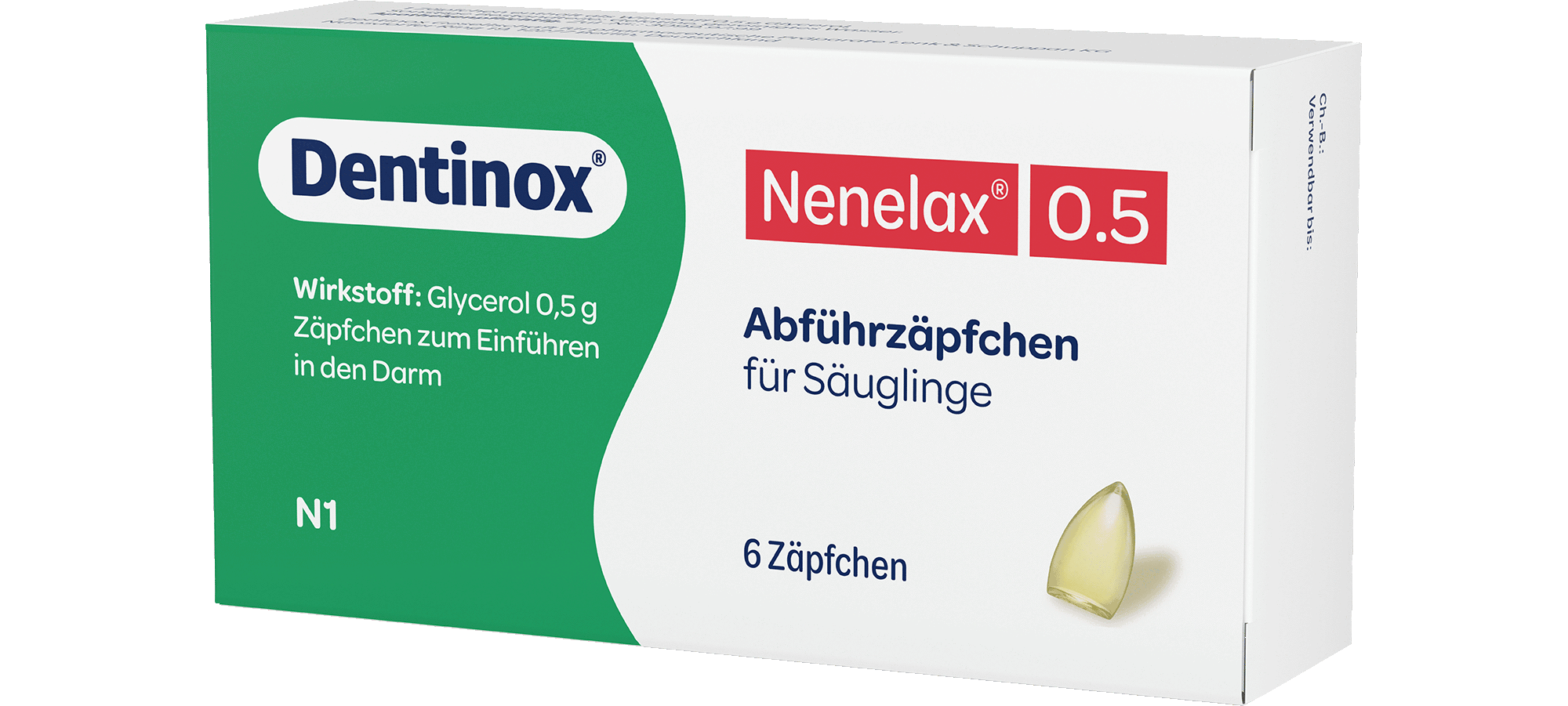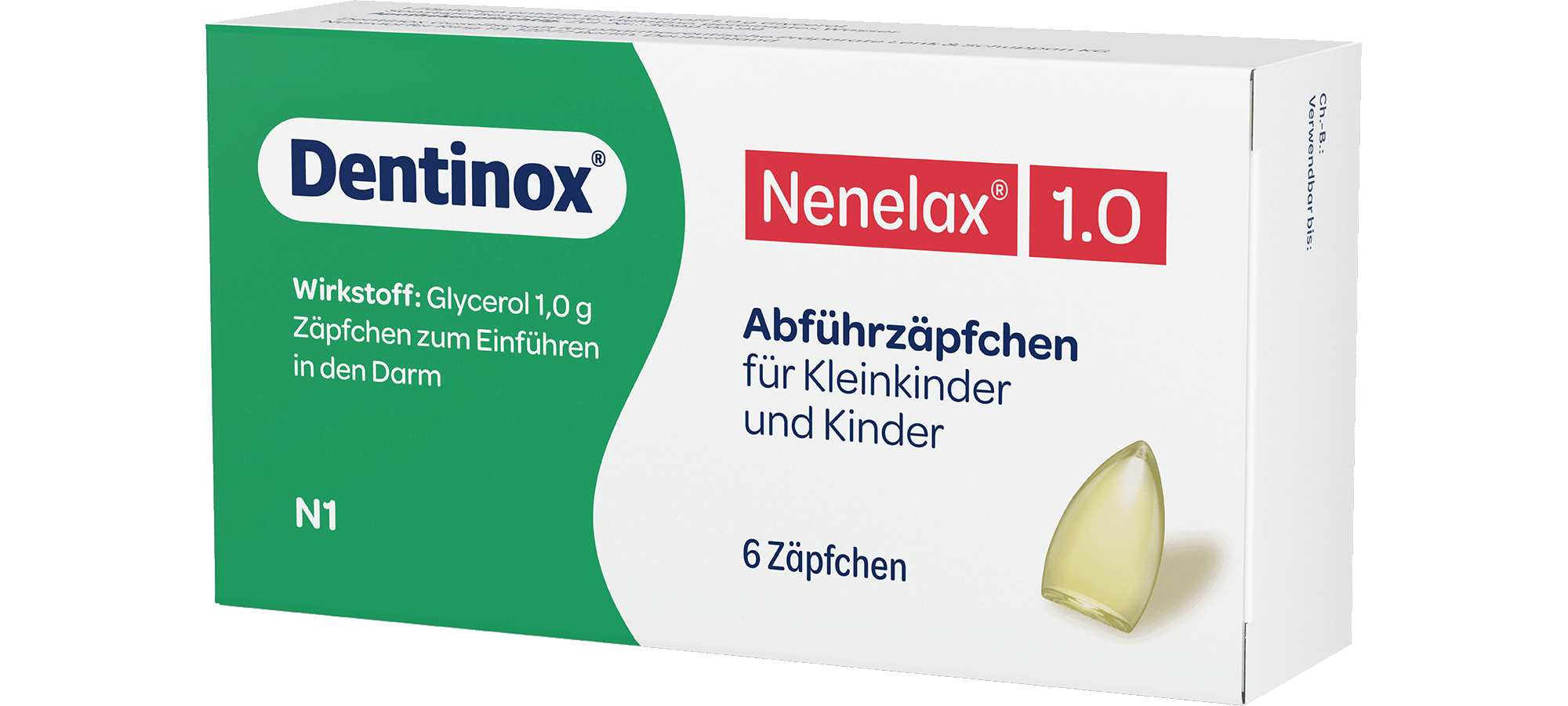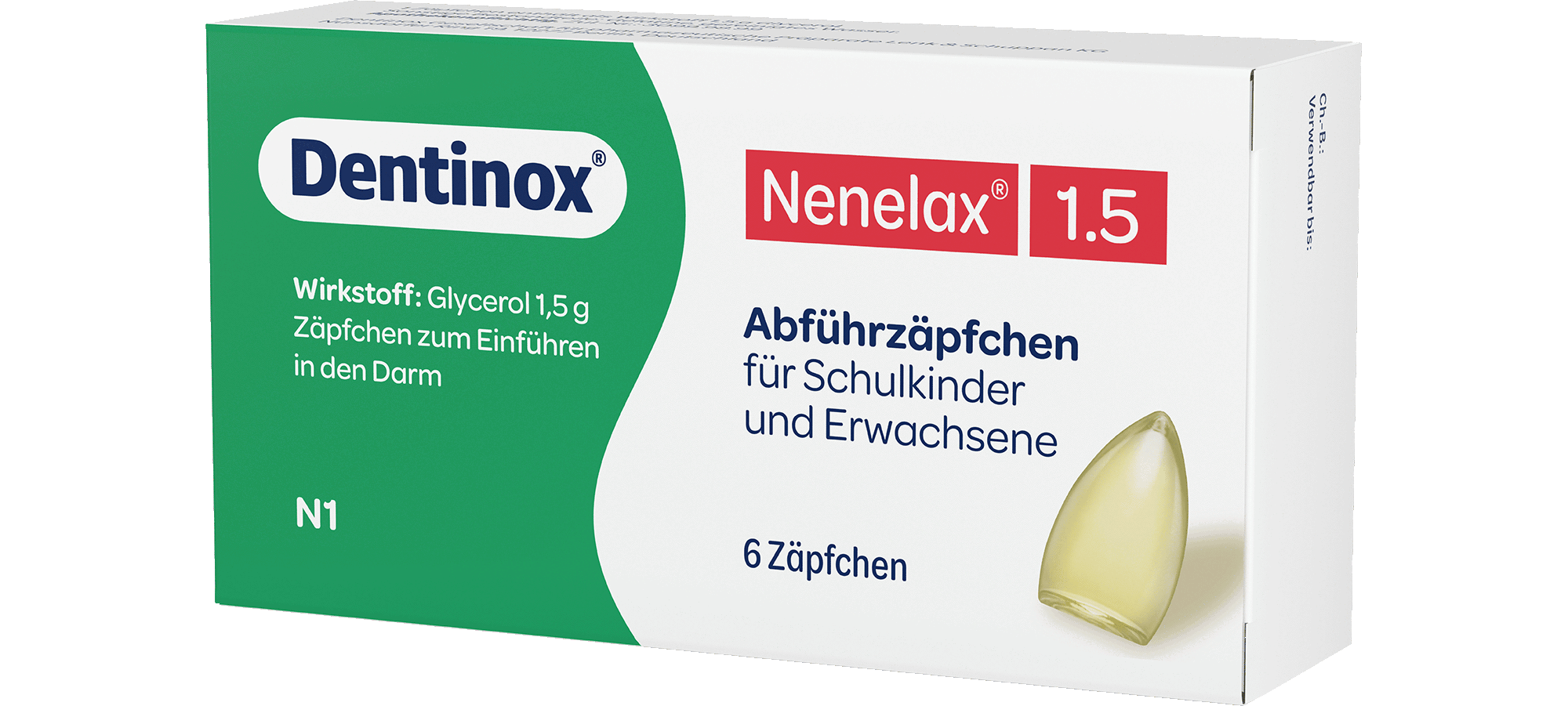Many babies and toddlers often suffer from abdominal pain and flatulence. This is not only unpleasant for the little ones, but also often leaves you parents in despair. Our guide article will help you and explain where the pain comes from, how it manifests and what can help your baby in acute cases.
Where do abdominal pain and flatulence come from?
Many parents have experienced it before: The baby cries, sometimes for hours, despite a full stomach, a fresh nappy and physical contact. Abdominal pain is not uncommon, especially in babies, and usually occurs in the first three months of life. If this flatulence develops into long-lasting abdominal cramps, this is known as 3-month colic or a regulatory disorder.* Stress, restlessness and overstimulation, as well as the introduction of complementary foods, also promote flatulence in babies.
The pain in the abdomen occurs when too much air collects in your baby's intestines. This is because it first has to learn to function properly after birth. Excessive amounts of irritating gases are produced by the breakdown and remodelling processes of food in the gastrointestinal tract or by swallowing air when drinking from the breast or bottle. If your baby's body is unable to reduce the accumulation of air quickly enough or allow it to escape, the air builds up. The result is spasmodic pain to which the baby reacts by crying.
*Doctors diagnose a regulatory disorder when a baby cries for more than three hours a day on at least three days a week for a period of more than three weeks.
Source: https://www.kinderaerzte-im-netz.de/krankheiten/schreibaby-regulationsstoerung-veraltet-dreimonatskoliken/was-ist-ein-schreibaby/
Verlinkung zum Koliken-Artikel
How can I recognise abdominal pain in my baby?
If your child is suffering from abdominal pain and bloating, you can often recognise this by their behaviour and the following symptoms:
- Intense, above-average amount of crying
- A hard, bloated stomach
- Tightening of the legs, clenched fists and hyperextension of the body
- Loss of appetite
- Vomiting after drinking
- Prolonged diarrhoea or constipation
What helps if my baby has a tummy ache?
A relaxed, cosy atmosphere is very important for your baby in the event of bloating and abdominal pain. Try to remain calm, as this will automatically be transferred to your child. But how are you supposed to relax with sleep deprivation and a crying baby in your arms?
Don't worry, we've put together a few helpful tips for you:
- One of the best remedies for flatulence is warmth. Warm, moist compresses offer quick help to relax your baby's tummy. Soak a flannel in warm water, squeeze it well and place it on the baby's tummy.
- Some children can also relax well in the underarm tiger in the tree baby hold or with an abdominal massage where you gently massage the tummy in a clockwise direction in circular movements around the navel.
- Breast milk also supports the development of the gastrointestinal tract, which adapts to the new living conditions in the first few months.
- Our Dentinox tummy ointment offers a gentle way to relax your baby in case of discomfort and tummy ache and at the same time promote digestion. The ointment is easy to spread and massage in, which makes application pleasant and stress-free – both for your baby and for you.
- Help your little one to "let the air out" by slowly pushing their legs up towards their upper body (squatting position)
When should I go to the paediatrician?
Flatulence and abdominal pain in infants and babies are often completely harmless and can be treated well with household remedies or gentle medication from the pharmacy. However, if you have the feeling that your child's health is not improving and there are other symptoms such as loss of appetite or persistent diarrhoea, seek advice from your midwife or paediatrician. Trust your intuition, because you know best what is right for your baby.








